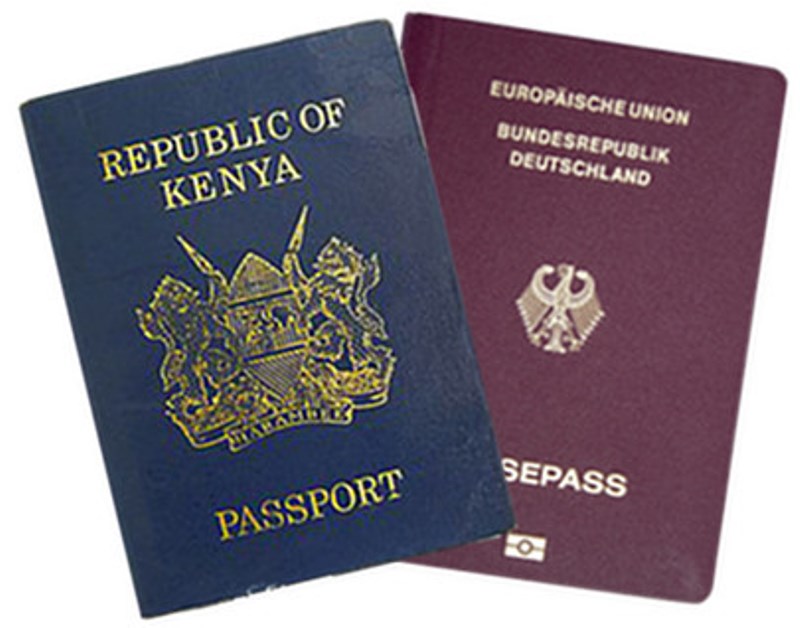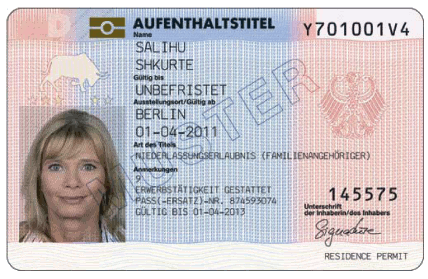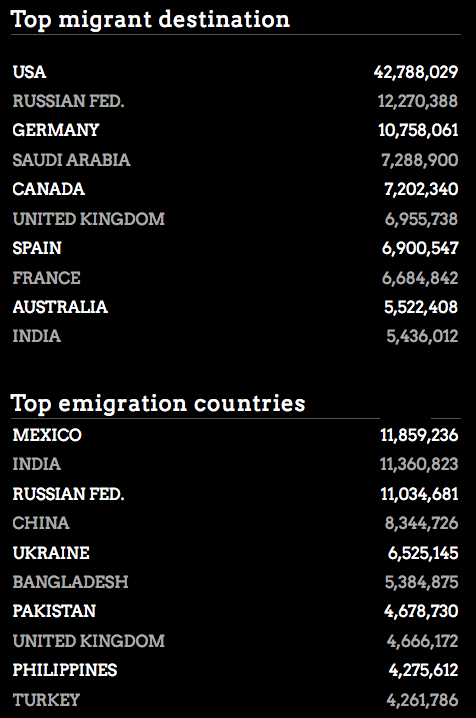Even I’m shocked I’ve never written this article. Someone asked me a question recently and I was so sure I had posted an article. I searched and searched but couldn’t find it. So here it is, FINALLY.
For foreigners aged above the age of 16, regardless of how long you live in Germany, you don’t get German citizenship automatically. Therefore, you have to apply for it. For minors, the application has to be done by the legal guardian.
Naturalisation of foreigners to become German citizens is regulated by the Staatsangehorigkeitsgesetz (StAG) Section 10 (§ 10). If you are a child or spouse to a foreigner who took up German citizenship, please refer to the article: Rules to become German for Children and Spouses of foreigners who become German.
Requirements:
A foreigner who is a legal resident in Germany may be naturalized upon application provided that he or she
- has been a legal resident in Germany for eight years or more. This is reduced to seven years if you have attended the Integration course. Or to six years if the foreigner has made outstanding efforts at integration exceeding the requirements on good knowledge of German, especially if he or she can demonstrate his or her command of the German language.
- has been granted a permanent right of residence or possesses an EU Blue Card or a residence permit for purposes other than
- Further education; language courses; school education, and other educational purposes
- Research
- Asylum
- is 16 years of age or older and is capable of performing procedural actions pursuant to this Act, provided that he or she would not be legally incapacitated in accordance with the German Civil Code or, on attaining majority, would not require supervision and prior approval in this matter. or has a legal representative,
- has not been sentenced for an unlawful act,
- has his or her own accommodation and
- is able to ensure his or her own subsistence and the subsistence of his or her dependents without recourse to benefits from the state. (Kindergeld is NOT a benefit in this case. Benefits referred to in this case include: Arbeitlosengeld II (Hartz IV), and some Zuschüsse)
- gives up or loses his or her previous citizenship,
- possesses an adequate knowledge of German, this is fulfilled if the foreigner passes the oral and written language examinations leading to the Zertifikat Deutsch (equivalent of level B 1 in the Common European Framework of Reference for Languages). Where a minor child is under 16 years of age at the time of naturalization the conditions shall be fulfilled if the child demonstrates age-appropriate language skills. May be waived if the foreigner is unable to fulfil them on account of a physical, mental or psychological illness or disability or on account of his or her age.
- possesses knowledge of the legal system, society and living conditions in Germany. Confirmed by having gone to a German school (Grundschule, Gymnasium etc) or taking the Einbügerungstest. Most are offered at the VHS, some even offer crash courses check “7 Days to Your Einbürgerungstest” Crash Course – Kenyan Shares her Experience. May be waived if the foreigner is unable to fulfil them on account of a physical, mental or psychological illness or disability or on account of his or her age.
- confirms successful attendance of an integration course by presenting a certificate issued by the Federal Office for Migration and Refugees (BMAF).
The requirements on “sentencing for crime” and ” being able to sustain oneself” may be waived on grounds of public interest or in order to avoid special hardship.






